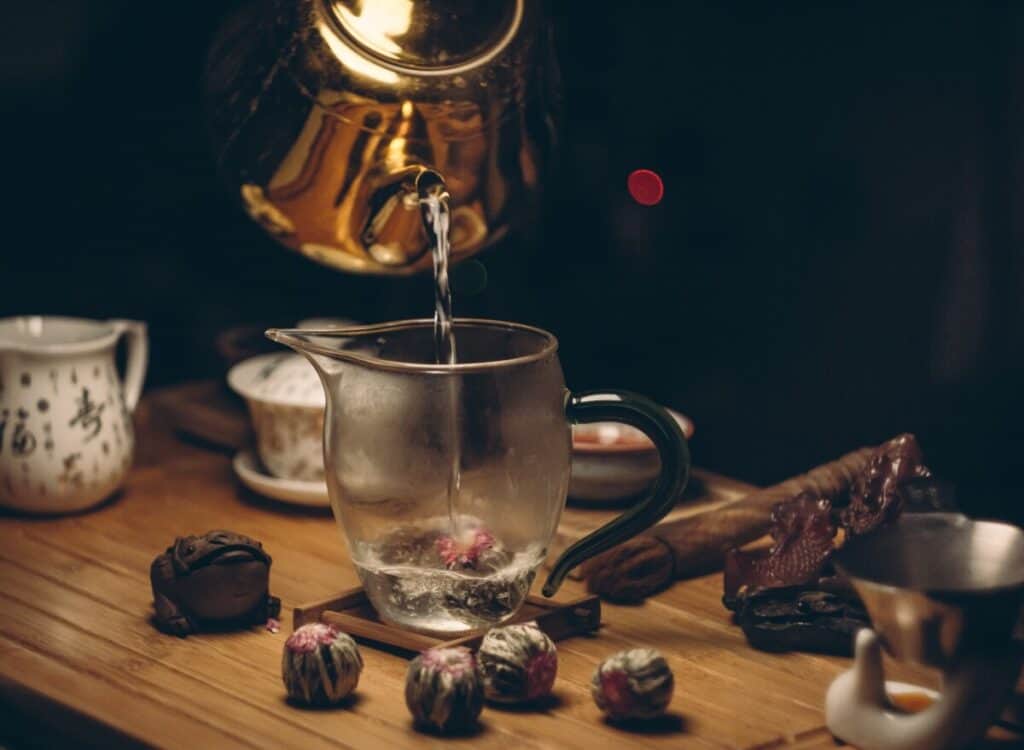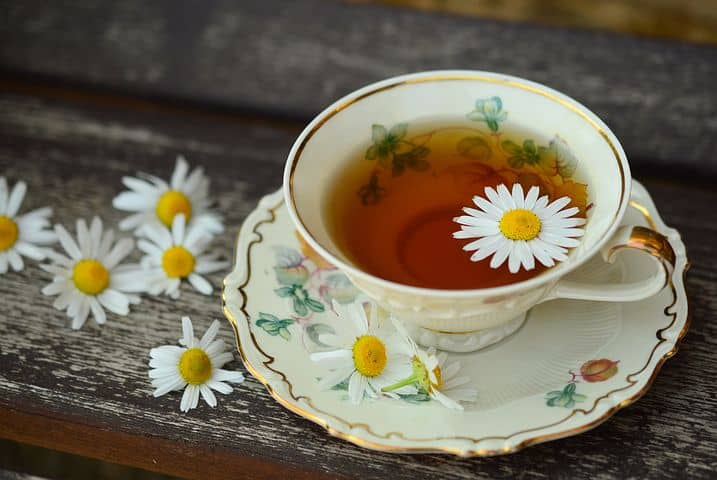Brewing tea is an art form that takes time and patience to perfect. If you steep your tea for too long, the result will not be very pleasant. In this blog post, we will discuss what happens if you steep tea for too long and how to avoid it.
Steeping Tea For Too Long: Is It Good Or Bad?
Brewing a perfect cup of tea is an art, and many factors can affect the flavor of the final product. One important consideration is steep time: brewing for too long can result in a bitter or astringent taste, while not brewing for long enough can produce a weak or watery drink.
If you steep the tea for too long, the tea will become bitter. The longer you steep, the more tannins are released, which makes the tea taste astringent. If you want to avoid this, simply steep your tea for a shorter period. Keep in mind that different types of tea should be steeped for different amounts of time, so be sure to check the instructions on your tea before brewing.
Proper Steeping Time

When it comes to tea, there is no one-size-fits-all answer for how long to steep. The type of tea, the desired strength, and personal preferences all play a role in determining the perfect steeping time.
Black Tea
For the perfect cup of black tea, it is important to pay attention to steeping time. If the tea is steeped for too long, it can become bitter and astringent. On the other hand, if it is not steeped long enough, the flavor will be weak and watery. The ideal steeping time for black tea is between 3 and 5 minutes. This will allow the tea to fully develop its flavor without becoming overly bitter.
To ensure that the tea is properly steeped, it is best to use a kitchen timer or stopwatch. Steeping for exactly 3 minutes or 5 minutes can be difficult, so it is important to be precise. After 3-5 minutes have passed, remove the tea bag or infuser and enjoy your cup of tea.
Green Tea
Green tea is a delicate beverage that can be easily ruined by over-steeping. If the green tea is steeped for too long, it will become bitter and grassy. The ideal steeping time for green tea is between 30 seconds.
White Tea
White tea is a delicate tea that should be brewed with care. If the tea is steeped for too long, it can become bitter. The ideal steeping time for white tea is between 30 seconds and 45 seconds. This will allow the tea to fully develop its flavor without becoming overly bitter.
Brewing the perfect cup of tea takes practice and patience. By following these tips, you can avoid over-steeping your tea and ruining its flavor.
How To Avoid Over-Steeping
Over-steeping is a common mistake when brewing tea. It results in a bitter taste and can make the tea too strong. There are a few simple tips to avoid over-steeping.
- First, it is important to use fresh, cold water. This will help to prevent the water from becoming too hot and making the tea bitter.
- Second, do not boil the water for more than 2 minutes. This will also help to prevent the tea from becoming bitter.
- Finally, it is important to steep for the recommended time. This will vary depending on the type of tea, but most teas should be steeped for 3-5 minutes.
By following these simple tips, you can avoid over-steeping and enjoy a delicious cup of tea.
Difference Between Over-Steeping And Under-Steeping
When it comes to making the perfect cup of tea, timing is everything. If you steep it for too long, your tea will become bitter and astringent. However, if you don’t steep it for long enough, your tea will be weak and watery.
So how can you tell when your tea is just right? In general, lighter teas like white and green teas should be steeped for 3-5 minutes, while heartier black teas can be steeped for 5-7 minutes. Of course, there is no substitute for personal preference, so feel free to experiment until you find the perfect steeping time for your favorite tea.
My Tea Is Bitter, What Should I Do?
If your tea is bitter, it may be due to over-stepping. Try steeping for a shorter period next time. If the problem persists, try using fresh, cold water and boiling it for no more than two minutes. Finally, make sure you are using the proper amount of tea leaves. too many leaves can make the tea bitter.
There are a few things you can do to fix it. First, try adding a sweetener like sugar or honey. If that doesn’t work, try adding milk or cream. You can also try steeping the tea for a shorter amount of time. If all else fails, you can try using a different tea. There are many different types, so you’re sure to find one that you like.
Can Over-Steeping Cause Health Problems?

What happens if you over-steep your tea? Can it cause health problems? The answer is that yes, over-steeping your tea can cause health problems. When tea is steeped for too long, it can release harmful toxins that can lead to stomachache, nausea, and vomiting. In extreme cases, it can even lead to liver damage.
So, if you’re going to steep your tea for a long time, make sure to monitor the process closely. Over-stepping can also result in astringent tea which can dry out your mouth. If this is a concern, try using a shorter steeping time.
Final Thoughts
In conclusion, it is important to avoid over-steeping your tea. This can result in a bitter taste and can make the tea too strong. There are a few simple tips to avoid over-steeping, such as using fresh cold water and steeping for the recommended time. By following these tips, you can enjoy a delicious cup of tea.
Over-stepping can also cause health problems, so it is important to monitor the process closely. If you are concerned about over-steeping, try using a shorter steeping time. With a little practice, you can perfect the art of making tea and enjoy its delicious flavor.

